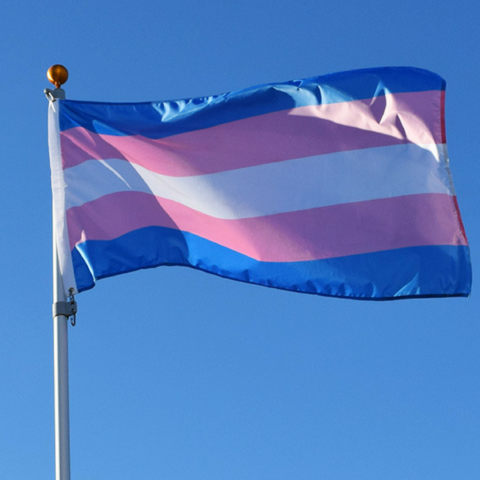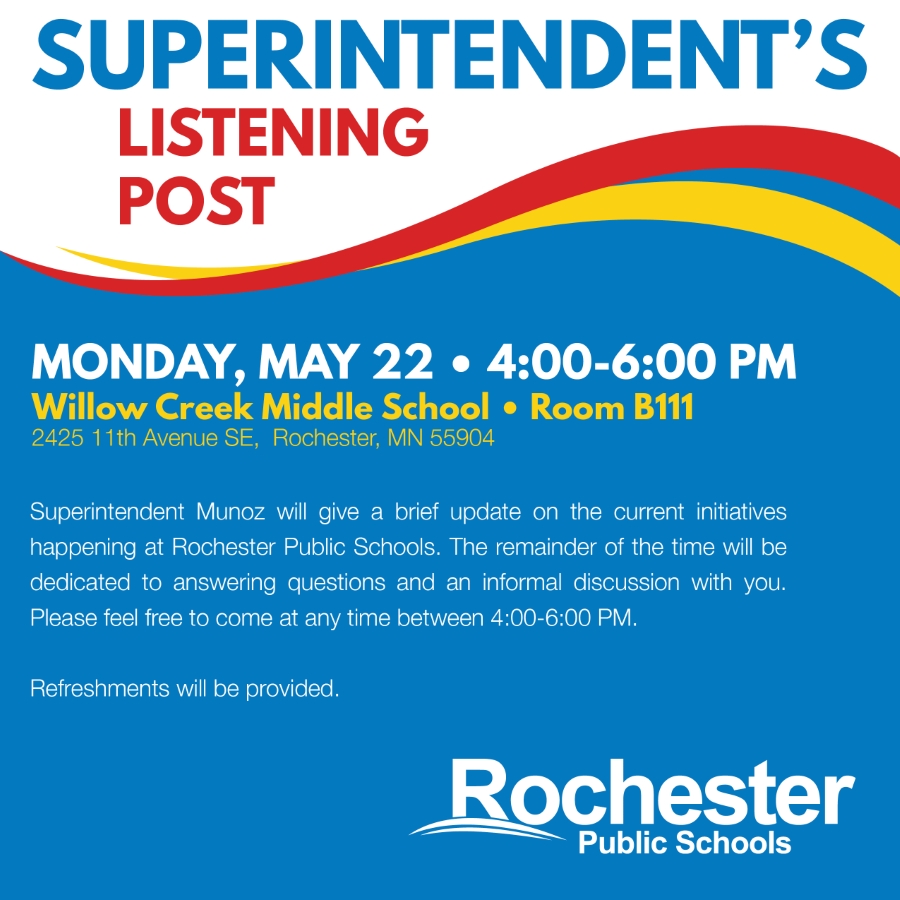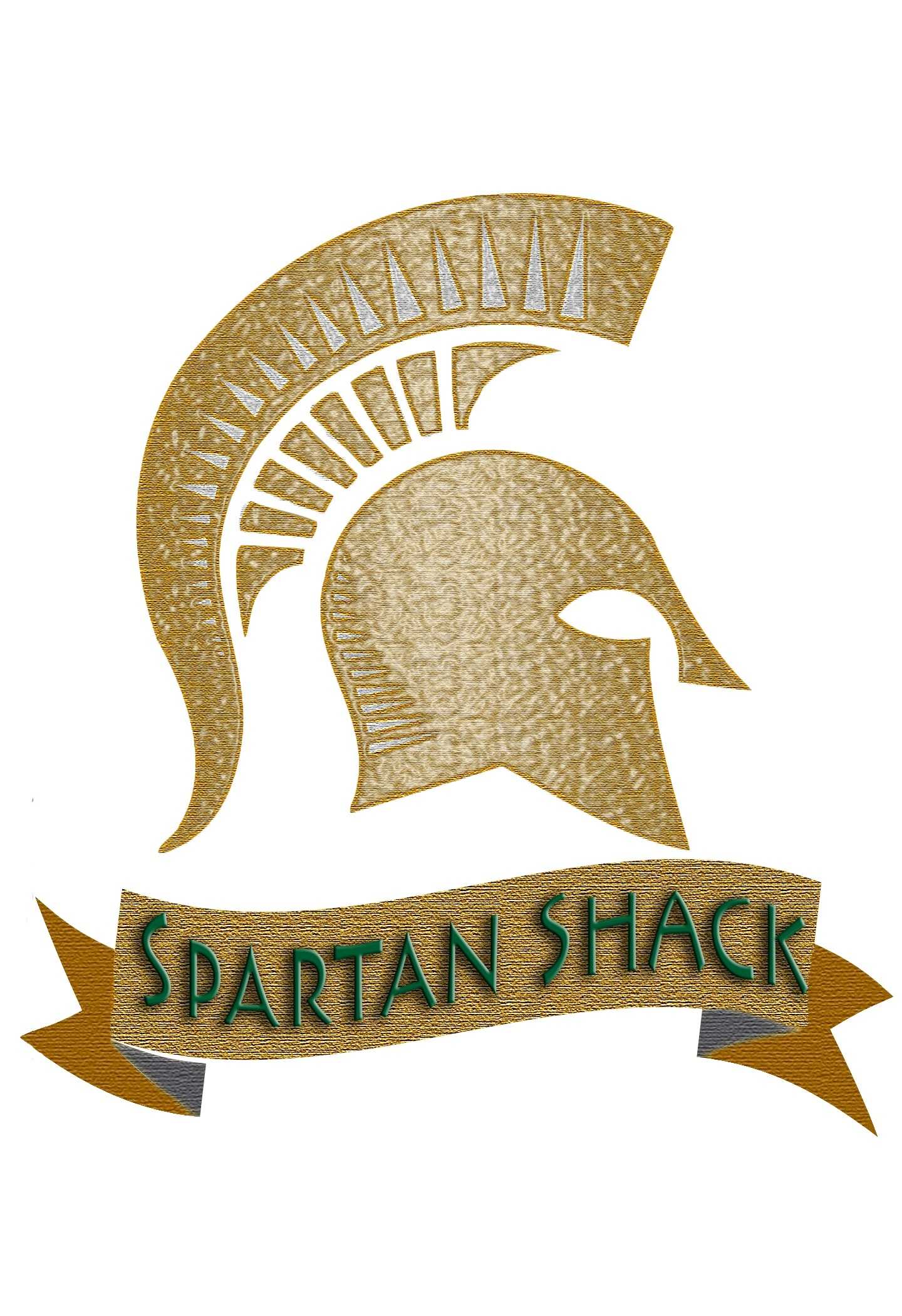Three ways to be kinder to transgender and gender non-conforming students
A primer for staff and students

October 9, 2017
Time and time again, transgender and gender non-conforming (GNC) people come up in the news and in debates for a whole host of reasons. Should they be able to use the bathroom? Are they “real” boys, girls, and otherwise? Are they just a host of depraved perverts?
Whatever you believe about transgender and GNC people, you will inevitably come across us in your school, workplace, or the public, perhaps without even knowing, so here are three easy ways you can be more inclusive, kinder, and generally more respectful to a group of people who are frequently disrespected and even outright attacked.
1. Be Gender Neutral
Instead of addressing groups or assemblies using words like “ladies,” “guys,” or “boys and girls,” try using gender-neutral phrases like “folks,” “friends,” or the tried-and-true Southern classic “y’all.” There are a whole host of others, and as you begin to work them into your language, it’ll get easier. This is important especially when addressing a group of people you don’t know, because if you’ve never met someone before, you can’t assume how they identify, and these words are also inclusive of gender non-conforming folks, who may not be either gender.
This also goes for pronouns. If you don’t know the pronouns someone uses, then try using a gender-neutral “they” until you can find out what pronouns that individual uses to describe themselves.
2. Don’t Know? Just Ask.
The issue of pronouns comes up incredibly frequently when talking about transgender and GNC people. The pronouns a person uses are incredibly important, as they are the main gender signifier, and hearing the wrong one hurts a lot. It should be common practice to ask for people’s pronouns when you meet them, but it is absolutely crucial when you meet a person who you think might be transgender or GNC. It’s as simple as “Hey, what are your preferred pronouns? Mine are _______.” Common pronouns include he/him (typically male), she/her (typically female), and they/them (typically gender-neutral). This saves the trouble of misgendering someone or trying to avoid pronouns entirely. Contrary to some beliefs, asking for an individual’s pronouns isn’t rude. It shows that you care for and respect this person.
3. Be Open To Education
Chances are, transgender or GNC students know more about themselves, their gender, and the issues regarding transgender people than you do. That being said, if students approaches with a concern regarding their gender or about something you’ve said, you may feel defensive, and that’s okay, but you first and foremost need to listen. If they are telling you that something you did or said hurt them or made them uncomfortable, listen to why and try to solve the issue rather than criticizing them. Too often, transgender and GNC kids are dismissed for wanting “special treatment” or something similar, but most frequently, an issue that comes up is one of wanting basic respect. What does this mean? Listen, be open to change, and do your best to understand.
Some resources for LGBTQIA+ youth in Rochester:
Q Club, a safe space meetup for LGBTQIA+ youth, meets on the first, second, and third Thursdays of the month at Rochester Public Library in Meeting Room A.
Transforming Families, a group for transgender people and their families, meets on the third Saturday of the month at Rochester Public Library in Meeting Room C.
Mayo High School’s GSA meets on Tuesdays before school.
If an LGBTQIA+ teen you know is in serious danger, here are some helpful hotlines:
The Trevor Lifeline: 866-488-7386
Trans Lifeline: 877-565-8860




